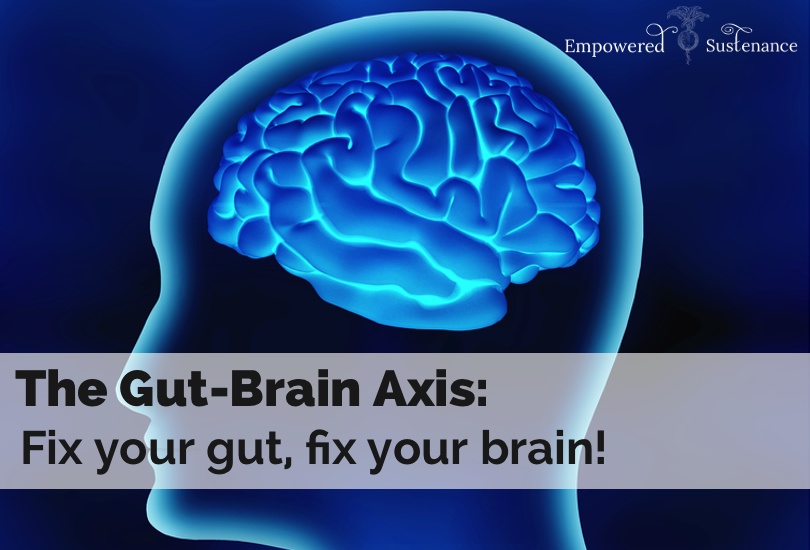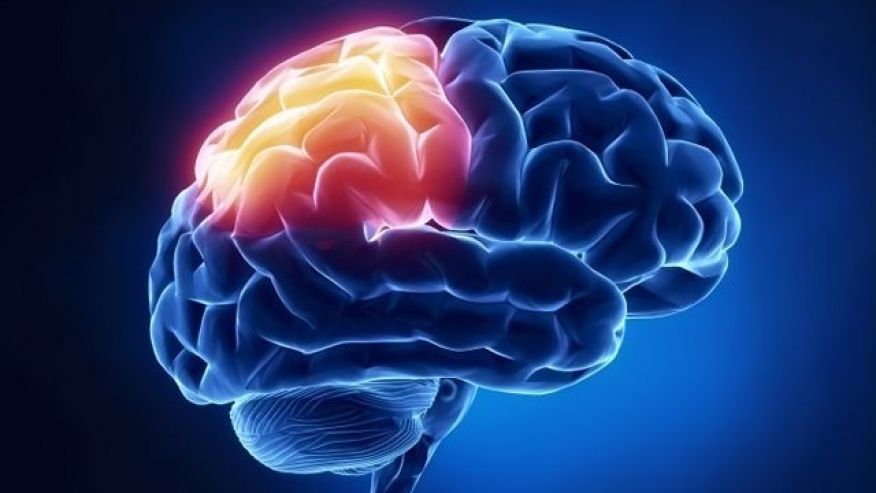Drug addiction phases in the brain

Drug addiction phases in the brain are dangerous all through, there is no better phase
Drug addiction phases in the brain: The effects of drug abuse on the brain
Different type of drugs causes specific effects of chronic drug intoxication. Meaning that effects of drug addiction phases in the brain, if not treated, can bring irreversible health conditions that lead to progressive deterioration of personality. Degradation begins with memory loss, inability to concentrate and further shows up in reduced physical and mental activity, in a tendency to fruitless fantasies, excessive irritability, and sleep disorders. The normal human emotions, desires, interests, work skills gradually fade and meaning of life gets limited to searching for drugs. Untreated addiction undoubtedly ends up in irreversible dementia.
Drug addiction phases in the brain: Mental disorders
Mental disorders in case of a drug abuse are varied and accompany all its forms. The most common characteristic of mental disorder is psychosis, which may occur either shortly after using the drug or during the withdrawal. Acute psychosis is characterized by a pronounce anxiety, kind of panic attack, paranoia, consciousness disorders up to the visual, auditory and tactile hallucinations and delusions. Often such states result in committing suicide. Use of improvised and counterfeit drugs presents a particular danger to life and health of a drug addict. Chronic drug users look physically exhausted. They have distinctive appearance: pallor, poor skin elasticity, feverish bright eyes, dry nails, hair loss, they are underweight. Addicts look much older than their physiological age. All male drug addicts sooner or later develop impotence, as well as female addicts, develop frigidity. Negatively affected by drugs and alcohol germ cells often result in the birth of weak and sick children with different congenital defects. Pregnancy in the case of active drug use runs hard, with complications and high chances of miscarriage and preterm birth. After birth such children are growing poorly, lagging behind in their physical and mental development. They often get sick. Children whose mothers were on drugs during pregnancy are already born addicted to drugs with all ensuing consequences.
Finally, take note that all drugs without any exception destroy the brain in the first place and you need not get to the second one so long as you are using a drug the first one is sufficient. Doctor Akoury concludes that even if you smoke marijuana which is considered the weakest of all drugs occasionally, you are already initiating the irreversible effects of drug abuse on the brain which manifest in weakening attention, reduced memory capacity, informing the typical for the drug addicts thinking and behavior patterns, which are very well shown in numerous drug addicts jokes and “freaky films” with their peculiar flat sense of humor. The stronger the drug the worse their effects therefore for the purpose of your good health understanding the three stages of drug addiction is very important. And with that done if you are suffering from any form of addiction, you now have an opportunity to correct it by scheduling an appointment with doctor Dalal Akoury today for the commencement of your recovery process today.
Drug addiction phases in the brain: The effects of drug abuse on the brain
http://www.awaremednetwork.com/







